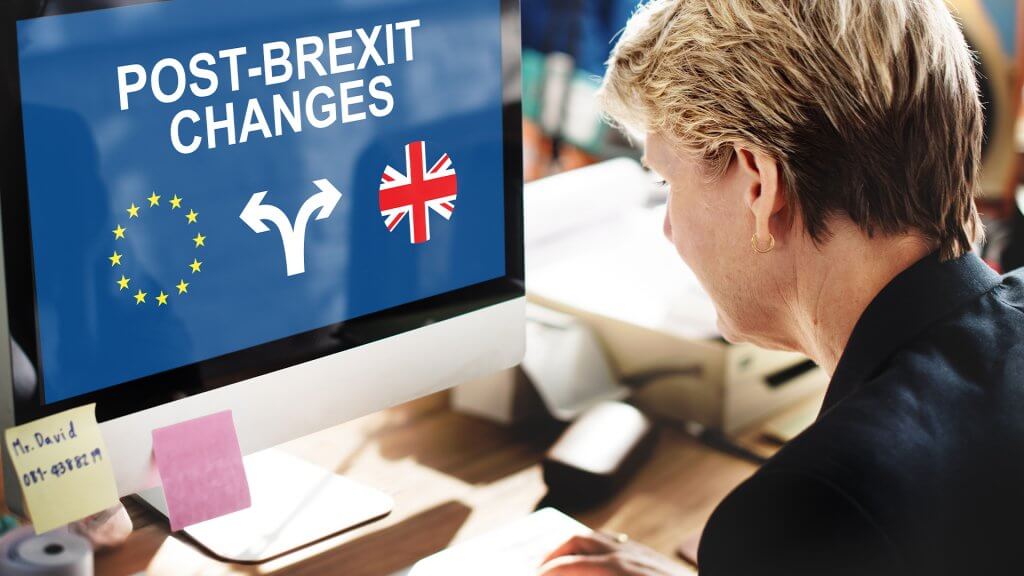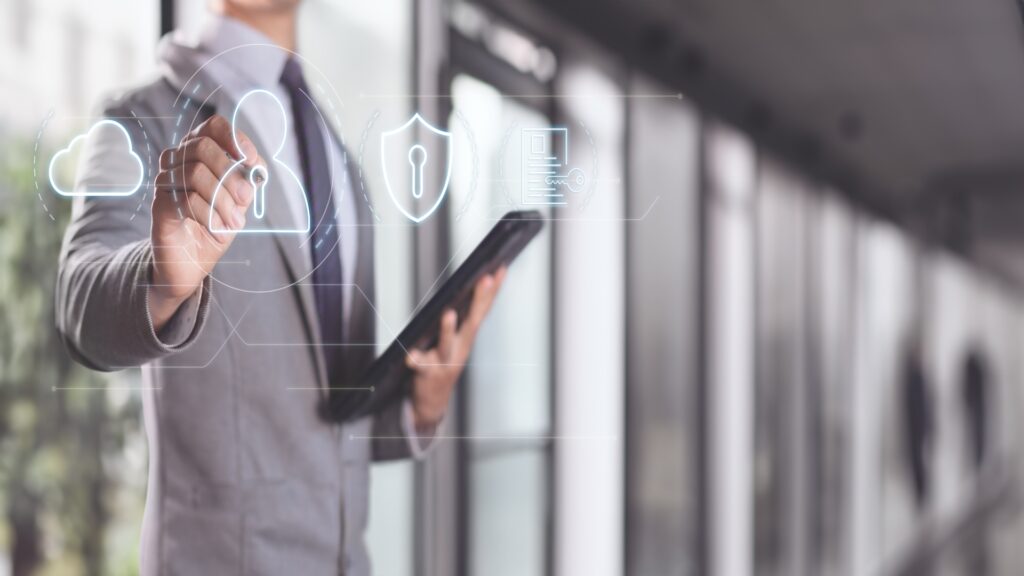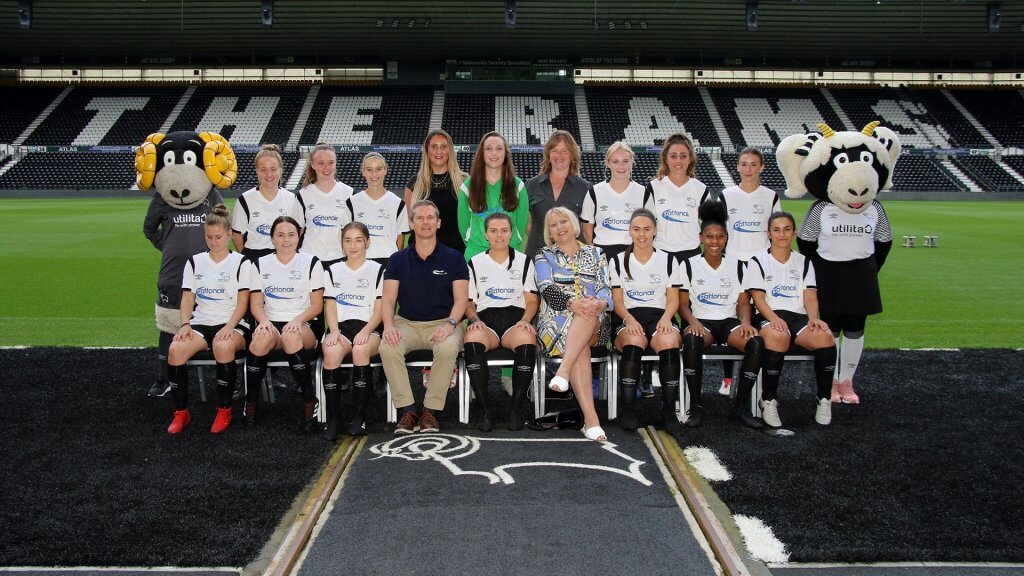Matt Gilbert, Director of Strategy at Fenturi.
The response to the current pandemic has shown us that rapid and radical change within organisations of all sizes is possible. Whether that’s shifting a global workforce of thousands to working remotely in a matter of days, to pivoting the business’ direction to produce new products or adapt to new market demands.
There is also a clear desire from consumers to seize the opportunity to do things differently as we enter the ‘new normal’, with just six per cent of the UK public wanting to return to a pre-pandemic economy. With this in mind, businesses are now faced with a huge opportunity to reset as they look to ‘build back better’, particularly with regards to sustainability and the drive to create a more sustainable business model that can stand up to future global disasters like the coronavirus.
From an environmental standpoint, the hunger to focus on sustainability is hardly surprising given the positive impact felt during the lockdown period – some UK cities witnessed drops in nitrogen dioxide pollution by as much as 60 per cent. Perhaps as a direct result of such transformation the UK Government has promised a ‘green recovery’ from the COVID-19 pandemic and businesses will no doubt have a key role to play in this.
Supporting the green recovery
Many business leaders will have become increasingly switched on to the green agenda over the years given its prominence in the news and growing pressure from consumers and government regulations. Aside from the obvious ethical arguments for supporting this agenda, sustainability is now seen as key to attracting and retaining talent – something that also makes it business critical.
Millennial and Gen Z workers especially are increasingly driven by working for a company with a clear set of values. In fact, Deloitte research highlighted that 61 per cent of millennials feel the business they work for is actively reducing its impact on the environment, which in turn increased loyalty and the likelihood of them staying in a role long-term.
To attract and retain the next generation of skilled workers, it’s vital that the core values of a business are ever-present – if sustainability is a buzzword used in external comms but isn’t central to ways of working, candidates and employees will vote with their feet. This is where the right L&D programme for employees comes in.
Building sustainability into the heart of the business
As a central function of any business, employee learning and development will play a critical role in helping companies to unify employees around a sustainability goal, vision or values, and empower them to be part of creating positive change. This can be achieved through a multitude of approaches, depending on how far the needle needs to be moved. So whether a company is already committed to more sustainable ways of working, but has struggled to engage employees with this, or if the task at hand is introducing a new sustainability plan or goal that will define the company’s future direction, L&D will be pivotal.
The most successful approach to sustainability training, as with all L&D will involve taking time to understand the make- up of a businesses’ workforce, both demographically, attitudinally and behaviourally. What makes them tick? When have they interacted with learning most effectively in the past? Are there different levels of engagement currently when it comes to sustainability? Analysing what has worked previously will allow companies to move forward with a strategic approach to sustainability L&D.
Similarly, the physical role of employees should be considered. While there will be those who have returned to the more traditional 9-5 office setting, many are still working remotely while others are in socially distanced factories, production plants or on the road as part of a fleet. It would be wrong to assume one training format will work for every member of the workforce, which is why learning modules should be personalised to different roles and persona types.
As an example, businesses aiming for net zero emissions by 2050 in line with UK Government’s pledge will need to provide L&D which motivates employees and educates them about the role they play as individuals and within their functions in helping to achieve the change necessary to reach this goal. With a disparate workforce, e-leaning modules will prove popular, but they could also be adapted into traditional classroom training for those without regular, secure access to digital platforms and employees that engage better in such environments.
It’s important to recognise that the topic of climate change remains a divisive one and in large organisations there will be many different attitudes towards the issue. This is where finding the balance between personalisation and ensuring every member of the team is on the same page post-training is so important.
Sustainability training content should therefore start by considering the psychological barriers to engagement with climate change and highlight how it impacts us all to engage as wide an audience as possible. The personalised approach can then be incorporated by allowing each user to select from a set of pre-determined viewpoints – from sceptic to very engaged – followed by content which appeals to their sensibilities. Doing so will not only ensure the content is hyper-relevant to each user but will also increase engagement and the likelihood that sceptical members of the team adapt their ways of thinking to align with the company culture.
Building back better
Sustainability is and will remain one of the key social issues of our time and in a post pandemic world it’s clear that businesses will have a key role to play in the fight for a cleaner, healthier planet. True change on this scale is only possible with an engaged workforce though, which is why effective learning and development will prove central to businesses’ ability to build back better.


























